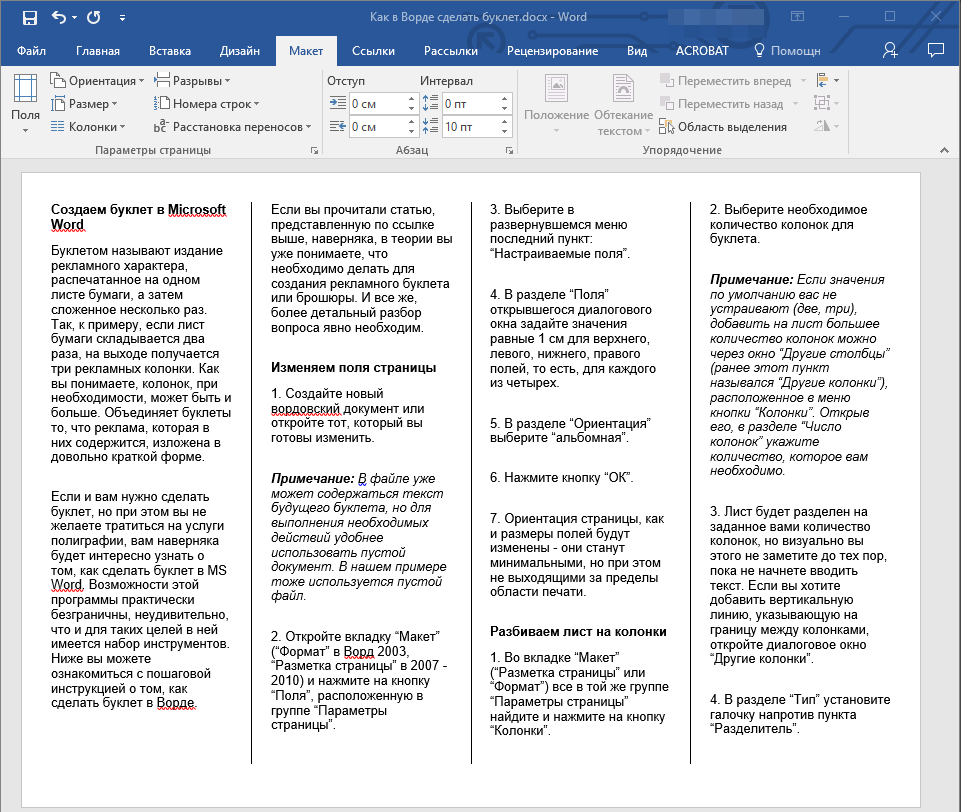When you use a browser, like Chrome, it saves some information from websites in its cache and cookies. Clearing them fixes certain problems, like loading or formatting issues on sites.
• • • Ecchi ( エッチ, etchi, pronounced ) is an often used term in the Japanese language for playfully sexual actions. As an, it is used with the meaning of 'sexy', 'dirty' or 'naughty'; as a, ecchi wo suru ( エッチをする), with the meaning to have sex; or as a, to describe someone of. It is perhaps softer than the Japanese word ero (エロ from ), and does not imply perversion in the way does. The word ecchi has been adopted by fans of Japanese media to describe works with sexual overtones. Yaaron dosti instrumental mp3 download. In Japanese, the word ecchi is often used to describe a person's conduct, but in fandom, it has come to be used to refer to or playful sexuality, as distinct from the word hentai, which connotes perversion or fetishism.

Works described as ecchi do not show or genitalia, but sexual themes are referenced. Ecchi themes are a type of, and can be found in most comedy.

Contents • • • • • • • Etymology and use in Japan [ ] The correct transcription of the word エッチ in notation is 'etchi'. However, it is typically written as 'ecchi'. [ ] In the word hentai,(変態) the first kanji 'hen' refers to strangeness, and the second kanji 'tai' refers to a condition or state. Hentai was introduced in the as a term for change of form or transformation in. In this context, it was used to refer to disorders such as or to describe like. Slowly, the meaning expanded until it had the meaning of non-standard.
In the 1910s, it was used in in the compound expression 'hentai seiyoku' ( 変態性欲, abnormal sexual desire) and became popular within the theory of sexual deviance ( Hentai seiyoku ron), published by Eiji Habuto and Jun'ichirō Sawada in 1915. In the 1920s, many publications dealt with deviant sexual desires and the movement. Matsuzawa calls it a period characterized by a ' hentai boom'. In the 1930s, censorship became more common leading to fewer books being published on this theme.
After the Second World War, in the 1950s, interest in hentai was renewed, and people would sometimes refer to it just by the first English letter, H (pronounced as エッチ, ). In 1952, the magazine Shukan Asahi reported that a woman who was groped by a stranger in a movie theater reacted with 'ara etchi yo' ( 'hey, that's perverse').
In this context, etchi should be understood as sexually forward and is synonymous to iyarashii ( 嫌らしい, dirty or disgusting) or sukebe ( すけべ, a person with sex on the brain). From this, the word etchi started to branch off, and assume new connotations. In the 1960s, etchi started to be used by youth to refer to sex in general. By the 1980s, it was used to mean sex as in the phrase etchi suru (to have sex). Other neologisms such as sekkusu are often used to refer to sex, in addition to the term ecchi.
Ecchi is now used as a qualifier for anything related to erotic or pornographic content. Its exact meaning varies with context, but in general, it is most similar to the English word 'naughty' (when used as an adjective).